Current Market Overview
By August 2025, the U.S. had 589 landfill gas facilities. This is a 18.5% jump from the start of 2020. This growth is one of the biggest in renewable energy in years.
Between January 2020 and July 2025, 92 new LFG facilities started up. This added 148 billion cubic feet of biogas capture capacity. Now, the U.S. can capture 521 Bcf of biogas.
This growth is thanks to better economics, technology, and policies. These changes help capture methane, a potent greenhouse gas.
The RNG Revolution: A Strategic Shift
The US landfill gas business sector has made a big shift. Now, it focuses on making renewable natural gas (RNG) instead of electricity. This change is due to market needs and better technology.
Out of 92 new American LFG facilities, 77 (84%) now make RNG. This has made landfill RNG 40% of U.S. RNG output today.
Landfills now produce 540.5 million MMBtu of RNG yearly. This clean energy can power 1.4 million homes. It's a big step towards cleaner energy and more money for landfills.
Dual-Track Energy Production to Build US Landfill Gas Resources.
Even with the RNG trend, the sector is diverse. About 60% of LFG biogas systems make electricity or heat.
The electricity generation is huge. If all 312.5 Bcf of biogas for power were used well, it could power 2 million homes. This shows a lot of untapped energy in the existing systems.
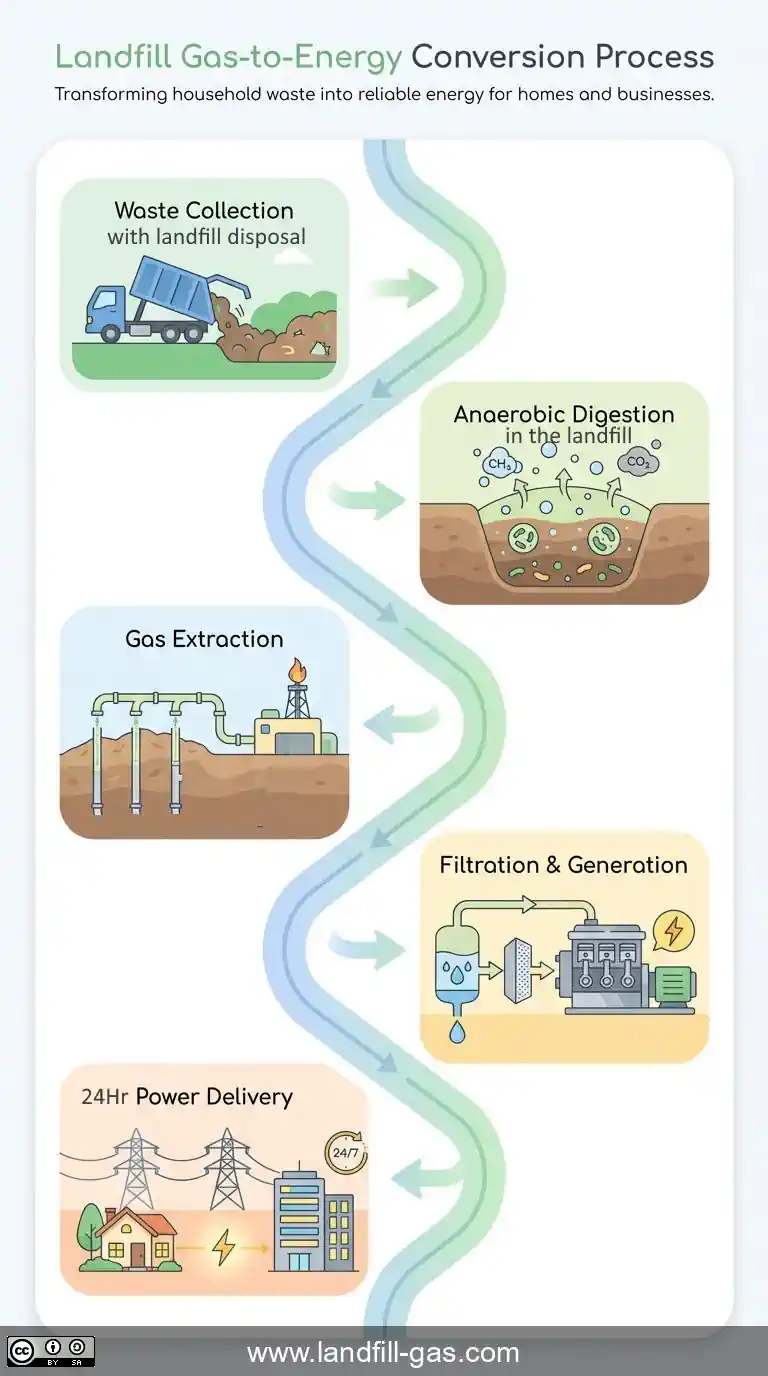
Unprecedented Growth and Investment
2023 to 2024 was a big time for landfill gas. The sector saw huge growth in biogas capture and investment. Over a billion dollars was invested each year, showing strong confidence in the sector.
In 2023, capacity grew more than in the four years before. 2024 saw the biggest annual increase ever. This shows the sector has grown from a small environmental effort to a big renewable energy business.
Geographic Distribution and State Leadership
Landfill gas resources are spread out, but Pennsylvania leads with 56.6 Bcf per year. It has three of the biggest LFG facilities, thanks to waste and good policies.
After Pennsylvania, Texas, California, and Michigan lead with capacities over 40 Bcf per year. Together, they make up a big part of landfill gas production.
Investment Landscape by State
California tops in investment with $1.4 billion, just ahead of Pennsylvania. It has the most LFG facilities (55) because of its big population and green policies. Texas also has over $1 billion invested, joining the trillion-dollar club.
Recent Development Activity
Illinois is leading the way with eight new LFG facilities starting up from 2023 to 2025. This makes Illinois a key player in growth, followed by Virginia, Pennsylvania, Texas, and Indiana. Each state is making a big impact in the sector's growth.
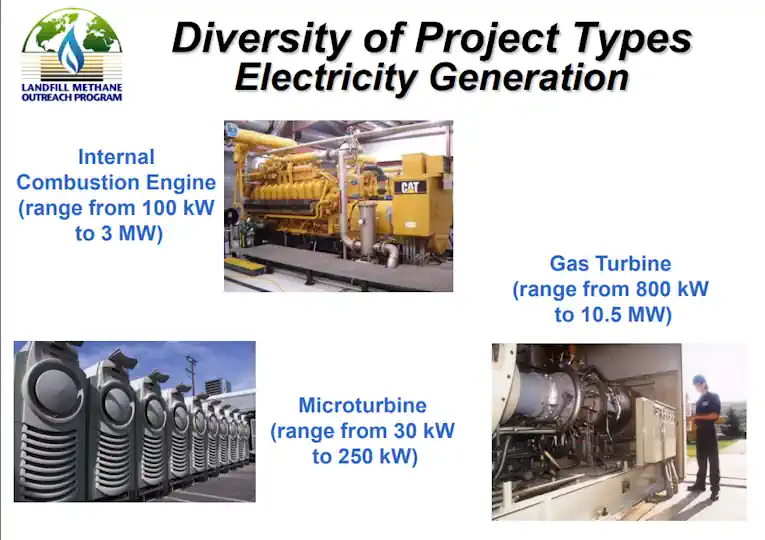
Environmental and Economic Impact
The landfill gas sector does more than just produce energy. It captures methane, a gas 25 times more potent than carbon dioxide. This action greatly helps the environment, similar to taking millions of cars off the road each year.
The sector also boosts local economies by creating jobs and bringing in tax revenue. The move to RNG production has made projects more profitable. Renewable natural gas sells for more than regular electricity.
Future Outlook and Opportunities
The landfill gas sector is set for more growth in the next decade. Companies are focusing on being carbon neutral, and there's a growing need for renewable fuels. The market looks strong.
New tech in gas collection and upgrading is making projects more cost-effective. Even smaller landfills are now seen as good investments. This is because costs are going down and efficiency is up.
There are also policies supporting the sector, like renewable fuel standards and carbon pricing. These help make investing in domestic renewable energy more appealing.
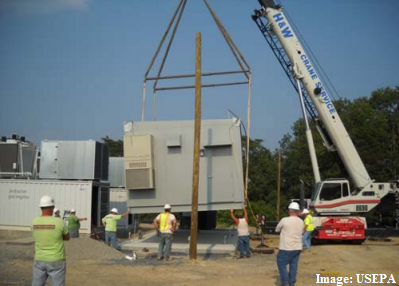
Conclusion – Making the Most of US Landfill Gas Resources
The U.S. landfill gas sector has grown from just meeting environmental rules to a major player in renewable energy. With 589 facilities running and more investment coming, it's a big success in clean energy.
As the industry focuses more on RNG production, landfill gas facilities will play a bigger role in the U.S.'s energy future. The mix of proven tech, good economics, and environmental benefits makes this sector a key part of the nation's renewable energy plans for the future.
To see the EPA's Landfill Gas U.S. Environmental Protection Agency Landfill Methane Outreach Program (LMOP), click here.
[Published November 2012. Updated and rewritten August 2025. New infographic added February 2026.]
Expert Insights: Future Trends in Landfill Gas-to-Energy Conversion
Landfill gas conversion holds potential as a $1.9 billion industry, yet many landfills lack gas collection. Innovations in gas collection, early installation, and real-time monitoring could cut U.S. landfill methane emissions nearly in half, addressing climate goals and boosting the renewable energy sector…
Landfill Gas Management Solutions
You know the tough part about landfill gas is that the problems rarely show up one at a time. Odors, off-site migration concerns, wellfield instability, and methane emissions can all trace back to the same root issue: gas is finding an easier path than the one you built for it. All this leads to the […]
What is Landfill Gas: Composition Uses and Benefits
Landfill gas (LFG) is a natural, clean-burning byproduct created when bacteria decompose organic waste (food, paper, wood) in landfills. It consists primarily of roughly 50% methane (CH4) and 50% carbon dioxide (CO2), along with trace amounts of nitrogen, oxygen, and volatile organic compounds. LFG is a potent greenhouse gas but is increasingly captured and used […]
Gas Flare Systems: Enhancing Safety and Efficiency in Landfill Gas Operations
Proper landfill gas flare systems can achieve up to 99.5% methane destruction efficiency, reducing environmental impacts. Enclosed systems enhance emission control. Safety features like flame arrestors prevent incidents. Flares integrate with energy recovery, transforming waste gases into renewable resources, offering compliance and sustainability benefits for landfill operations…

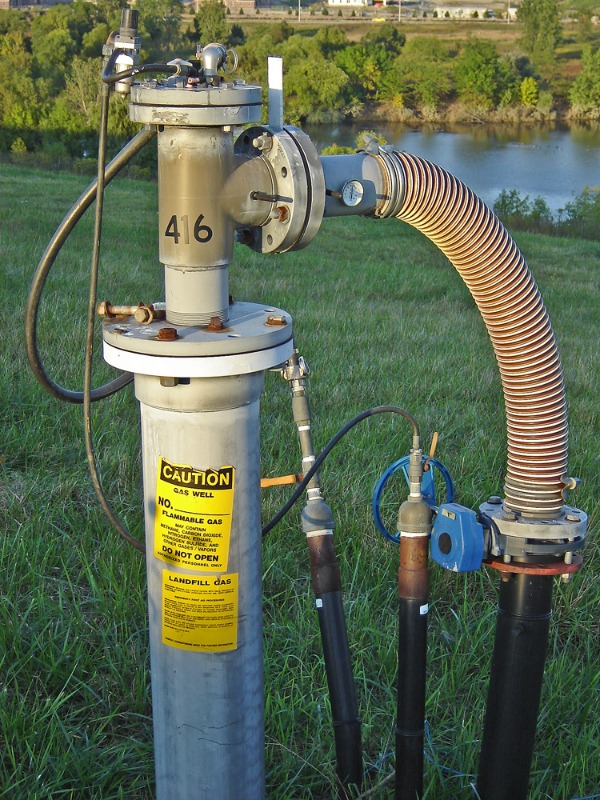
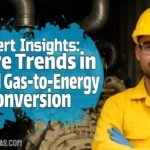
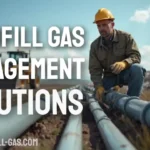
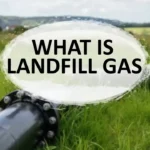

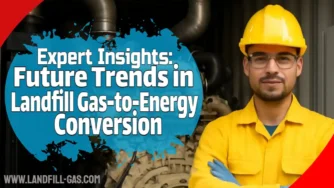
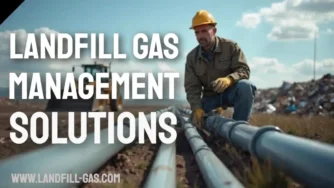

Aw, this was an exceptionally beneficial post. Making the effort and I mean real effort to produce an excellent article … however what can I state … I was a blogger but put things off a lot and never ever really got anything done.